One of two recent papers written by local students in support of Transition Town Media’s Zero Waste efforts, this post was submitted to us by Maryam Khan, a student at the University of the Sciences, Philadelphia. Our thanks to Maryam for her thoughtful writing and research! The second post will be submitted soon.
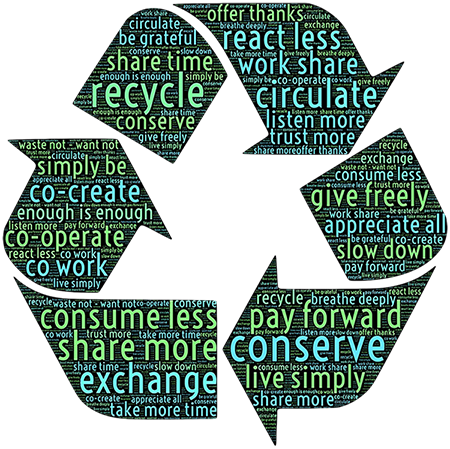
“Reduce, Reuse, and Recycle” has been taught to our youth in hopes that as they grow up, the message would be better implemented into society and positive change would occur in terms of saving the planet. Unfortunately, this has not been the case in many areas. Cities, particularly in the Philadelphia area, have been found to be full of trash and waste.
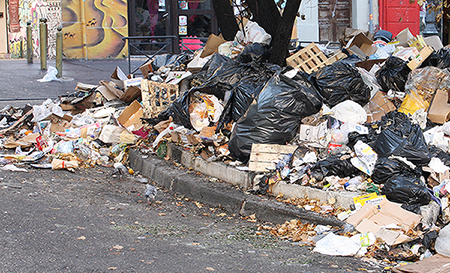
What many fail to realize is that this “trash” can often be recycled and composted. Instead, it is dumped in landfills or burned in incinerators and negatively impacts the environment, creating a myriad of problems: poor air quality, climate change, and polluted streams being just a few of many.
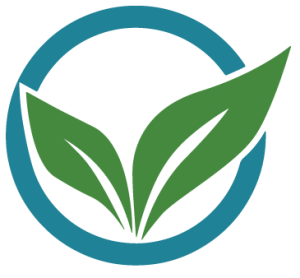
Transition Town Media, an organization created with the purpose of bringing resilience to communities, contends that change needs to happen now.
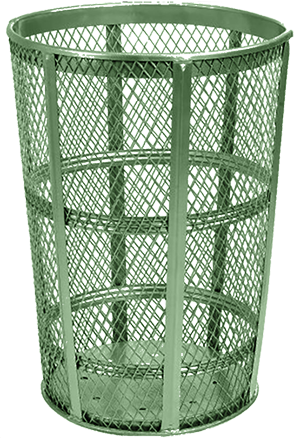
This group of environmental and social activists started many initiatives and assist already existing initiatives in support of the concept of Zero Waste: a concept that hopes to lessen the accretion of waste in the environment by a large enough amount so that many of the undesirable environmental changes can be reversed and, thus, save the dying planet.
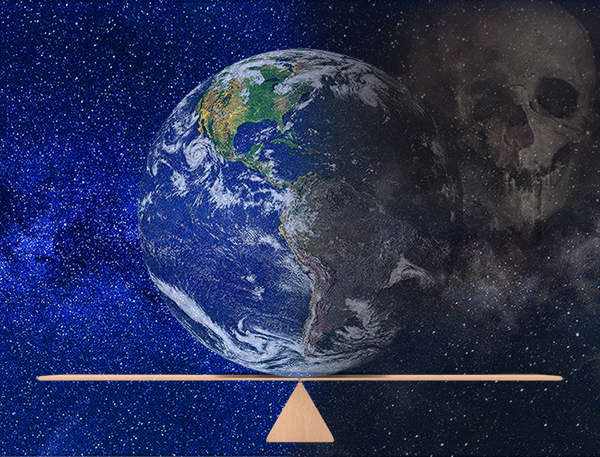
The accumulation of human-created waste in the environment is not a novel issue; it is one that has existed for decades, and is only now being confronted as the degradation of the Earth approaches an unrecoverable tipping point. Issues seen within the environment are not randomly occurring but are intrinsically tied to each other.
“Climate change, soil erosion, poor air quality, undrinkable water,” and other harmful changes result from the various ways humans choose to utilize the planet. (National Geographic Society, n.d).
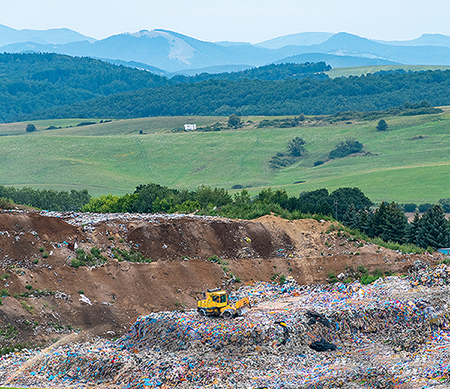
Unfortunately, one of those ways include using the earth as a location for amassing waste. Recently, a study done on waste production found that “of the 6.3 billion metric tons of plastic waste that has been produced, only 9% of that plastic waste had been recycled.” (Downs & Acevedo, 2019).
Based on this data, it is evident that a copious amount of plastic waste is produced, and because a large amount does not get recycled, it is left to fill the landfills and the oceans.
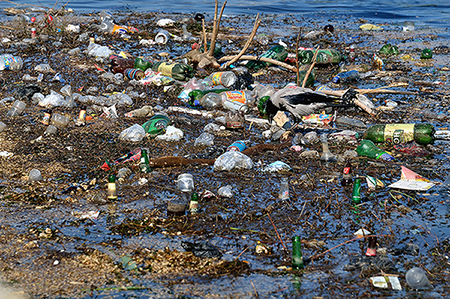
The three primary ways the global build-up of waste impacts the planet are by negatively affecting climate change, wildlife, and public health. Approximately “40% of the world’s trash is burned,” resulting in the production of methane gas, nitrous oxides, sulfur dioxide, and other toxic emissions (Downs & Acevedo, 2019).
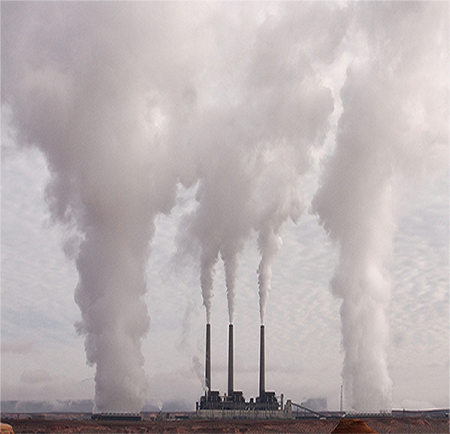
The increase of methane gas promotes global warming which directly harms wildlife and humans. Although the greenhouse effect appears to be very miniscule in the grand scheme of things, there has already been a 1°F increase for the Earth’s surface temperature which has worsened temperature fluctuations, natural disaster rates, and the dissemination of disease. This will only increase in years to come if no change is put into action.
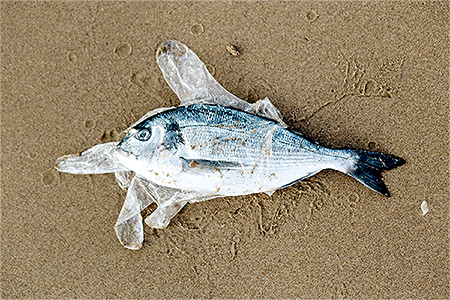
Diseases such as “asthma, birth defects, cancer, cardiovascular disease, childhood cancer, COPD, infectious diseases, low birth weight, and preterm delivery” all root from toxic emissions, and the more trash generated, the sharper the rise in human diseases will be (Downs & Acevedo, 2019). In addition, since most plastic is not recycled, it ends up being dumped into the oceans, causing havoc with marine life.
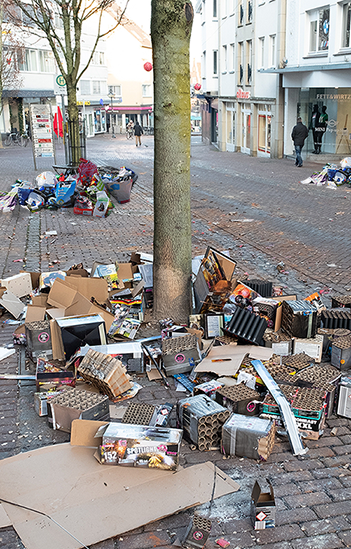
With no ability to distinguish what is and is not food, it causes animals to die from plastic poisoning, threatening the ecosystem. Trash collection is clearly a global issue that needs immediate action, and the city of Philadelphia is no stranger to this concern; in fact, it is one of the main contributors to this crisis. The trash collection crisis in Philadelphia has resulted in a tremendous amount of stress for residents and waste management teams in this region. Recently, the issue has only gotten worse as Philadelphia residents have been overwhelmed by the debris that has accumulated on the streets. The pandemic has increased the trash amount that has been produced by “at least 25% in tonnage each week” (Jaramillo 2020) due to city residents staying at home. The problem does not end here.
Pennsylvania collectively generates about “8.7 million tons of municipal waste annually” (Pennsylvania Waste Industries Association, n.d). With an average of about 1,360 pounds of waste per-person, per-year, the Earth is not able to withstand that much waste annually.
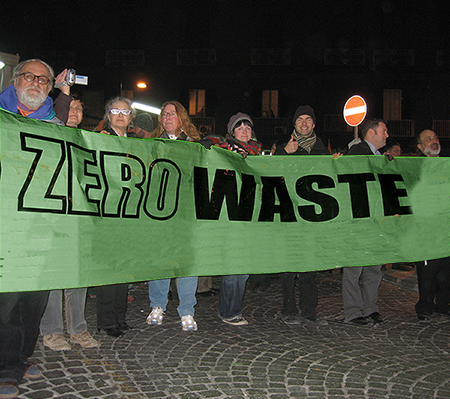
Philadelphia, being a major city, is a major source of the waste production and unless something is done immediately, the world will no longer be sustainable, or even livable, for future generations. In response to the litter buildup in Philadelphia, many organizations have created impactful programs in efforts to diminish the negative environmental effects excessive waste production can cause.
In nearby Delaware County, one such notable effort is the Zero Waste Initiative, launched by Transition Town Media (TTM) in collaboration with the Media Borough’s Environmental Advisory Council (EAC).
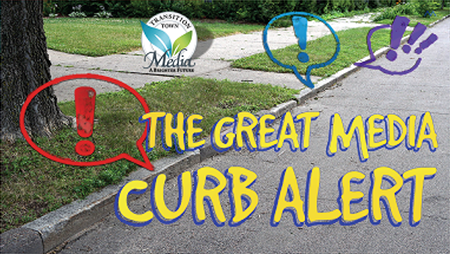
The Zero Waste Initiative strives to reduce waste disposal in dumps, landfills, and incinerators by educating the public on alternative ways of dealing with trash. Recycling is a strong start for waste management, however, even with the benefits it provides, recycling only prolongs the time in which the sustainability of the earth will diminish.
Transition Town Media offers other solutions that can be effective in reducing trash, such as the Media FreeStore and events such as the “Media Free Market,” and the “Great Media Curb Alert” (Steuber, 2019).
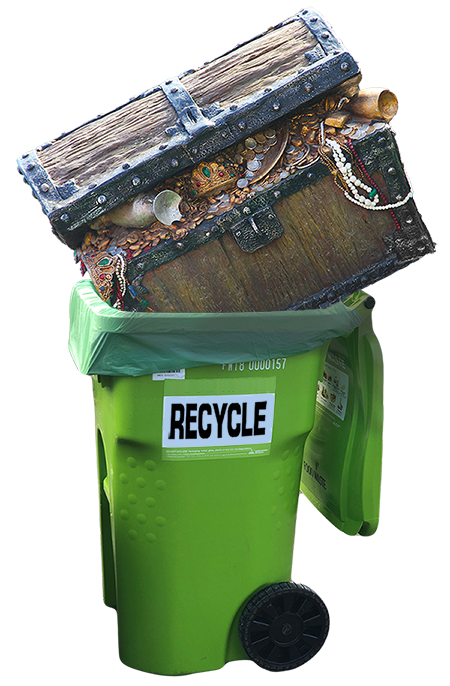
With these activities, Transition Town Media cuts down trash buildup by creating a market for people to take and give items freely. These initiatives quite literally allow one person’s trash to become another’s treasure and keep items that are no longer used out of landfills and dumps, giving them a new purpose with a new owner. These Transition Town Media events take the concept of upcycling to a new level, reminiscent of the 2002 manifesto Cradle to Cradle: Remaking the Way We Make Things. The sustainability movement described there promotes the idea that “everyday objects like chairs, cars, and factories be reinvented, not just to sustain life on the planet but to grow it” (McDonough, 2013).
Over time, items that are reused and passed on from garage sales lose their quality through the process of reuse, but upcycling promotes the ideal of redesigning and repurposing an object to provide it with a new function.
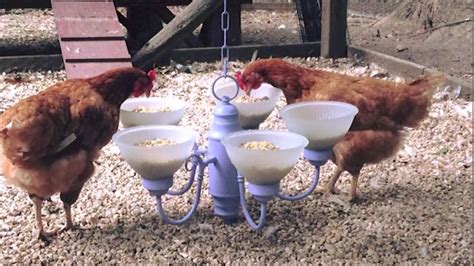
This means that by upcycling, more “high-quality products” can be created, substantially increasing the chances of reuse. Overall, following McDonough’s “reduce badness” ideal will benefit in providing a sustainable future for generations to come (Makower, 2013).
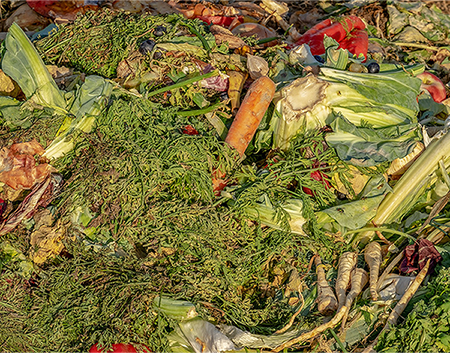
Composting is another major way in which Media Borough, through the EAC’s and TTM’s efforts, is making significant progress in moving towards Zero Waste. A residential weekly food scraps pickup has been set up through partnership with Kitchen Harvest. This company processes both residential and commercial compostable material, collecting food scraps within the Philadelphia region, from suburban homes and from schools, businesses, and restaurants.
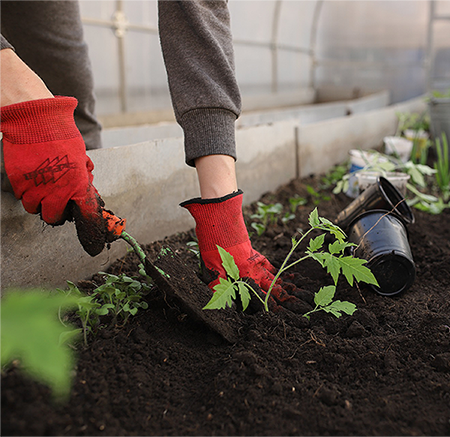
Over the last few years, this collaboration has resulted in a food scrap collection program which allows for a nearly effortless method of separating food from the rest of your trash to then be sent to a compost farm.
TTM’s partnership in this program forwards its purpose in mitigating climate change through greenhouse gas reduction and creating richer soil for healthier food production. It is one in which Transition Town Media makes some of their greatest advancements in waste reduction.
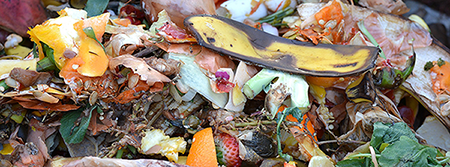
Recycling participation in Media is already at an estimated 70% of residents. By incorporating this food scrap collection program, household waste could be reduced by as much as 30% (Steuber, 2017).
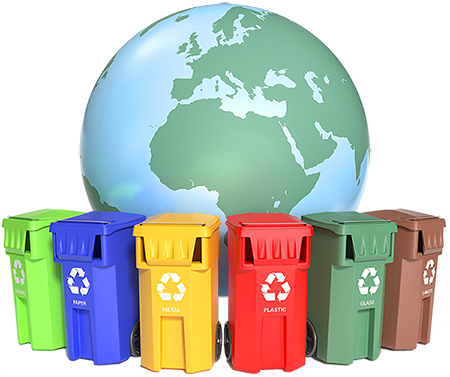
This initiative furthers a major goal of Zero Waste planning by encouraging source separation and reduction. It allows the Borough to minimize waste streams and improve their waste management programs.
Although the promotion of environmentally-friendly waste disposal strategies is effective, the most important and effective strategy in endorsing Zero Waste is getting people to see the world differently. Currently, Transition Town Media not only takes actions to promote recycling and reuse, but also works towards educating others on the best ways to recycle as well as how to properly do it.
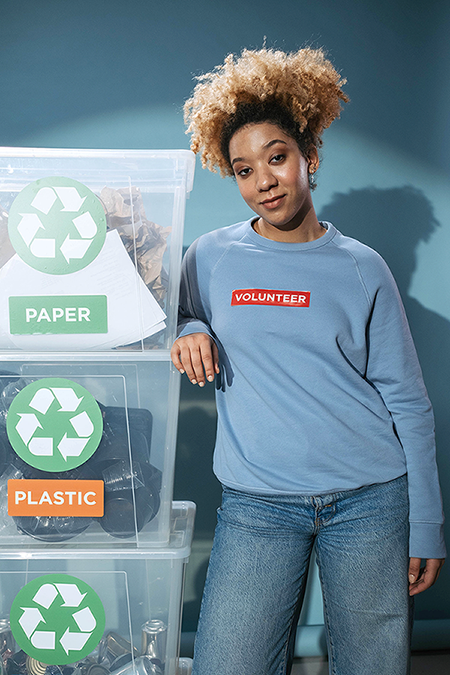
A poll given to a population of people who choose not to recycle state that they have “a lack of convenient access (39 percent), a lack of space for extra bins (35 percent) and a lack of time to separate recyclables (29 percent)” (Waste Advantage, 2019).
The Media Zero Waste initiative publishes monthly articles in the Media Borough newsletter covering “general waste reduction, reuse, and recycling topics as well as specifics about where to recycle common materials” (Steuber, 2021).
By doing so, a larger number of people have become more aware of the detrimental effects the lack of recycling can have on the environment and have learned new ways of reducing their trash.
A fundamental aspect of the Zero Waste commitment is to ensure community participation. The only means by which this is possible is by informing the residents of the Philadelphia region so that they can be better involved in Zero Waste planning.
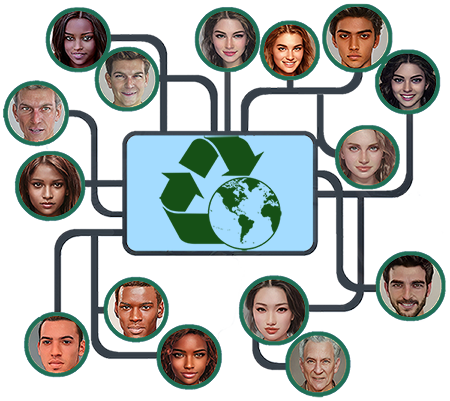
Media Zero Waste’s articles try to educate the community and clear up any stigmas or misconceptions regarding the difficulties of recycling by promoting easy and convenient ways for people to go green and promote the concept of avoiding the generation of waste.
By informing people and helping them better understand the effects of waste, the articles encourage readers to reduce their trash and reduce their use of plastic.
Beyond educating the public to take individual steps to use less plastic, the next, more difficult step is to stop the creation of plastic at its source.
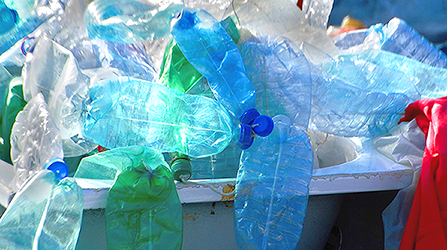
Currently, there are over 400 bans on single-use plastic items in municipalities in the US (GAIA, n.d). The Zero Waste Initiative advocates this “top-down approach” to reduce unnecessary plastic consumption.
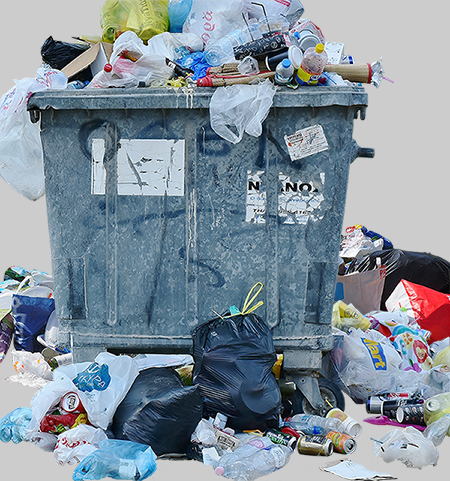
After all, by completely banning and thus eliminating the manufacture of plastic at its source, the amount of waste would decrease dramatically.
Transition Town Media has a platform, and hence, a voice which it uses to educate people about the importance and beauty of a clean and healthy planet.
Recently, the EAC has proposed a municipal ordinance to regulate single-use plastic bags and straws. Discussion with local business owners with take place in 2022, as Media Borough, TTM and the EAC consider how to best support them during such a transition.
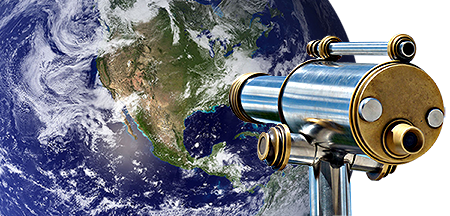
Zero Waste is not just about developing technology or proposing different programs to end the problem. People first need to obtain a new world view. If people do not change the way they think about their relationship with nature, no technological solution can save humanity.
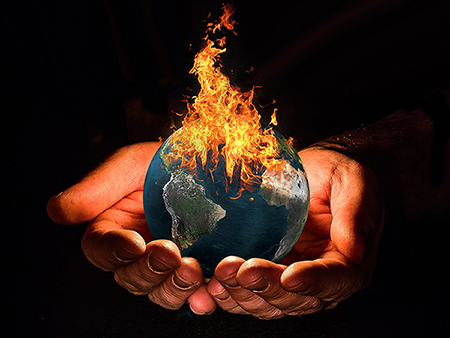
The idea of Zero Waste not only creates a better environment, but also creates solutions to some of the greatest problems facing the Philadelphia area. The world is dying faster than previously thought and if leaders do not take environmental threats seriously and implement more policies and actions to encourage the concept of Zero Waste, it will be far too late to save the planet for future generations.
Transition Town Media’s initiatives have helped improve economic recovery, public health, the waste crisis, and the mitigation of climate change, but none of what they accomplished, or will accomplish, is a simple task. Through promoting the habits of recycling, composting, upcycling, supporting waste-free businesses, and most importantly, educating others, Transition Town Media’s efforts in this evolving journey are very effective in creating change in a world where we simply cannot go back to normal.
References
Downs, A., & Acevedo, R. (2019, February 28). How Our Trash Impacts the Environment. Earth Day. https://www.earthday.org/how-our-trash-impacts-the-environment/
Environmental Protection Agency. (2016, February 21). Climate Change and Municipal Solid Waste (MSW). EPA Web Archive. https://archive.epa.gov/wastes/conserve/tools/payt/web/html/factfin.html
Esposito, N. (2020, August 11). How to Fix Philly’s Trash Problem. The Philadelphia Citizen. https://thephiladelphiacitizen.org/how-to-fix-philly-trash-problem/
GAIA. (n.d.). The Zero Waste Master Plan. Paperturn-View. Retrieved April 30, 2021, from https://www.paperturn-view.com/us/gaia/gaia-zero-waste-masterplan?pid=MTE115576.
Jaramillo, C. (2020, July 17). Philly sanitation workers blame filthy streets on ‘poor management’; apologize for rotting trash. WHYY. https://whyy.org/articles/philly-sanitation-workers-blame-filthy-streets-on-poor-management-apologize-for-rotting-trash/
Makower, J. (2013, April 15). Joel Makower talks to Bill McDonough about “The Upcycle.” GreenBiz. https://www.greenbiz.com/article/joel-makower-talks-bill-mcdonough-about-upcycle
MyKitchenHarvest. (n.d.). Composting Service | Kitchen Harvest | Philadelphia Suburbs. Retrieved April 30, 2021, from https://www.mykitchenharvest.com/
National Geographic Society. (n.d.). Human Impacts on the Environment. Retrieved April 30, 2021, from https://www.nationalgeographic.org/topics/resource-library-human-impacts-environment/
Pennsylvania Waste Industries Association. (n.d.). Waste Facts. PWIA. Retrieved April 30, 2021, from https://pawasteindustries.org/waste-industry/waste-facts/
Simon, J. (2010, November 19). Zero Waste – when recycling is not enough. Zero Waste Europe. https://zerowasteeurope.eu/2010/11/zero-waste-when-recycling-is-not-enough/
Steuber, S. (2017, September 23). Media Borough Composting Survey Launch. Transition Town Media. https://transitiontowngreatermedia.org/media-borough-composting-survey-launch/
Steuber, S. (2019a, May 29). What You Can Do To Save the World. Transition Town Media. https://transitiontowngreatermedia.org/what-you-can-do-to-save-the-world/
Steuber, S. (2019b, September 8). The Great Media Curb Alert. Transition Town Media. https://transitiontowngreatermedia.org/the-great-media-curb-alert/
Steuber, S. & Pennsylvania Resources Council. (2021, January 2). Recycling and Waste Reduction Webinar. Transition Town Media. https://transitiontowngreatermedia.org/event/recycling-and-waste-reduction-webinar/
Transition Town Media. (n.d.). Transition Town media. Retrieved April 30, 2021, from https://transitiontowngreatermedia.org/
United States Environmental Protection Agency. (2021, June 16). Reducing the Impact of Wasted Food by Feeding the Soil and Composting. US EPA. https://www.epa.gov/sustainable-management-food/reducing-impact-wasted-food-feeding-soil-and-composting
W. Mcdonough (2013). (n.d.) The Upcycle: Beyond Sustainability—Designing for Abundance McDonough. Retrieved April 30, 2021, from https://mcdonough.com/writings/the-upcycle/
Waste Advantage. (2019, April 22). Why Americans aren’t recycling. Waste Advantage Magazine. https://wasteadvantagemag.com/why-americans-arent-recycling/

Good information and good research by very talented students.